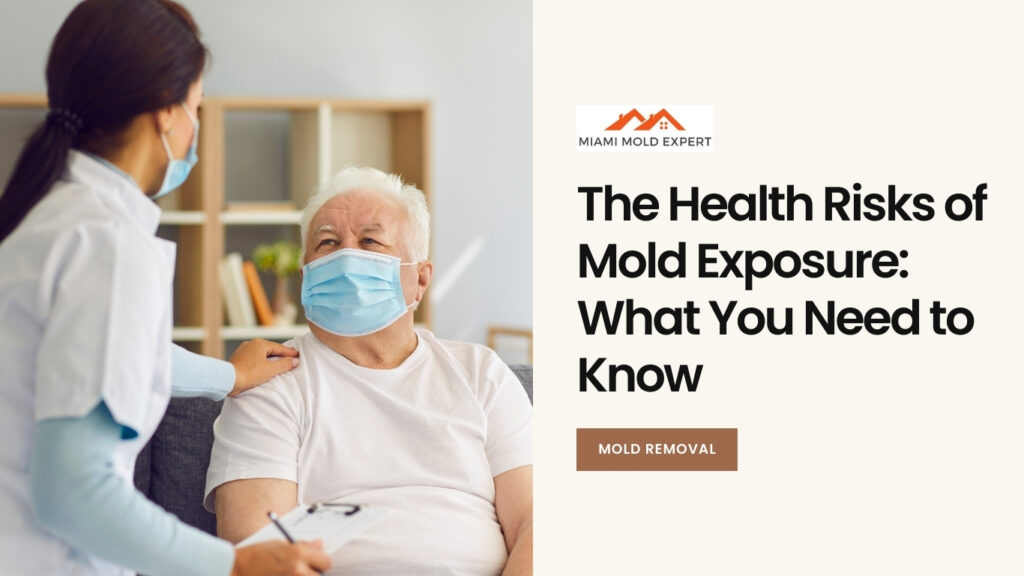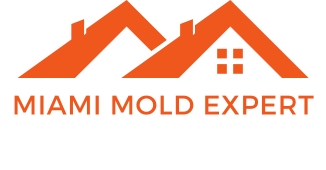
Introduction: Why Mold is a Serious Concern
Mold is more than just an unsightly nuisance; it’s a potential health hazard that can impact your quality of life. Whether it’s hidden in your walls, carpets, or bathrooms, mold thrives in damp and humid environments, often undetected until it starts affecting your health. Understanding the health risks of mold exposure is crucial, as these risks range from mild allergic reactions to severe respiratory issues.
In this article, we’ll explore the effects of mold on your health, the importance of professional removal, and practical tips to safeguard your home.
What Is Mold and Where Does It Grow?
Mold is a type of fungus that grows in warm, damp, and humid conditions. It releases microscopic spores into the air, which can easily spread and cause problems. Common areas for mold growth include:
- Bathrooms and kitchens
- Basements
- HVAC systems
- Poorly ventilated areas
- Areas with previous water damage
How Mold Affects Respiratory Health
Breathing Problems
Mold exposure can significantly impact your respiratory system. When mold spores are inhaled, they can irritate the airways and trigger symptoms such as:
- Coughing
- Wheezing
- Shortness of breath
People with pre-existing respiratory conditions, such as asthma or chronic obstructive pulmonary disease (COPD), may experience severe reactions, including asthma attacks.
Sinus Infections
Exposure to mold can also lead to sinus infections, causing symptoms like:
- Nasal congestion
- Headaches
- Facial pain
Chronic sinus infections from mold exposure can worsen over time if not addressed.
Allergic Reactions Caused by Mold
Common Symptoms
Allergic reactions to mold are common, even among individuals without a history of allergies. Symptoms may include:
- Sneezing
- Runny or stuffy nose
- Red, itchy, or watery eyes
- Skin irritation
Hypersensitivity Pneumonitis
In severe cases, prolonged exposure to mold can cause hypersensitivity pneumonitis, a rare condition where the lungs become inflamed due to an allergic reaction. This condition can result in permanent lung damage if untreated.
Mold and Immune System Impact
For individuals with compromised immune systems, such as those undergoing chemotherapy or with autoimmune disorders, mold exposure can lead to infections that are difficult to treat. Black mold (Stachybotrys chartarum) is particularly concerning, as its mycotoxins can suppress the immune response.
The Importance of Professional Mold Removal
Why DIY Isn’t Enough
While DIY cleaning solutions might seem like a cost-effective way to deal with mold, they often fail to address the root cause. Professional mold remediation services ensure:
- Proper identification of mold type.
- Complete removal from all affected areas.
- Prevention of future mold growth.
Preventing Health Risks
Investing in professional removal not only protects your health but also prevents structural damage to your property, saving you money in the long run.
How to Prevent Mold Growth in Your Home
Prevention is always better than cure. Here are actionable tips to keep mold at bay:
Control Humidity Levels
Maintain indoor humidity below 50% using dehumidifiers or air conditioners.
Fix Leaks Immediately
Address any plumbing leaks or roof damage as soon as possible to prevent water accumulation.
Improve Ventilation
Ensure proper airflow in moisture-prone areas like bathrooms, kitchens, and basements.
Regular Cleaning
Use mold-resistant cleaning products, especially in high-humidity areas.
For more detailed prevention tips, check out our guide on How to Prevent Mold Growth.
The Financial and Health Costs of Ignoring Mold
Ignoring mold can have severe consequences. Health-wise, untreated mold exposure can lead to chronic respiratory issues, long-term allergic reactions, and even neurological problems. Financially, mold can compromise the structural integrity of your home, requiring costly repairs.
Frequently Asked Questions About Mold Exposure
Conclusion: Take Action Against Mold Today
The health risks of mold exposure are too significant to ignore. From respiratory issues to severe allergic reactions, mold can wreak havoc on your well-being. The good news is that with timely intervention and professional removal, you can protect your health and home.
Don’t wait for mold to cause irreparable damage. Contact our Professional Mold Removal Services to ensure a safe, mold-free environment.
